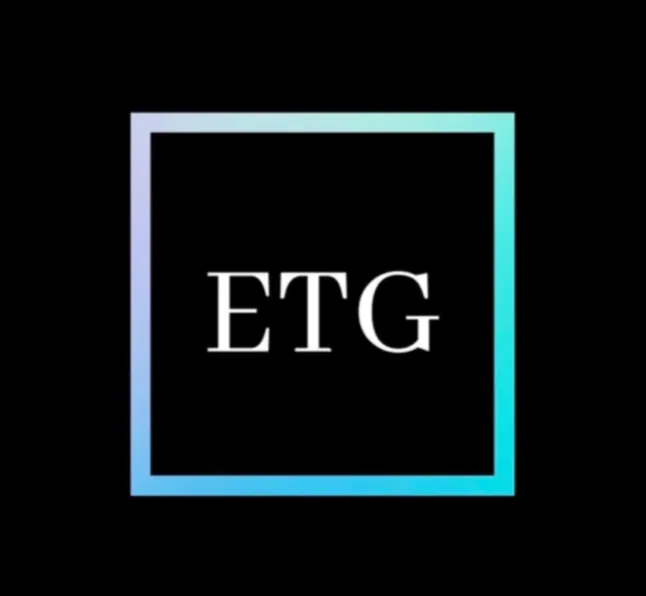BUSINESS LOAN
Fuel Your Business Growth with the Right Funding
Whether you're launching a startup, expanding operations, or managing cash flow, our business loans are tailored to help you move forward. Fast approvals, flexible terms, and funding that works for your goals, get the capital you need to grow with confidence.

BUSINESS FINANCING
Funding Programs To Grow Your Business
Short term loans up to $250,000 (over 3-12 months)
Invest In Your Business
Loans up to $500,000 (over 15-36 months)
Manage Your Business
Lines up to $100,000 in flexible cash when you need it.
Business Line of Credit
Equipment Loans
Business Term Loans
Merchant Cash Advance Loan
When applying for a business loan, it's important for the business owner to have a clear understanding of the purpose of the loan, the amount needed, and the ability to repay. Lenders typically consider factors such as the business's credit worthiness, cash flow, and overall financial health.
It's recommended to shop around, compare loan terms from different lenders, and carefully review the terms and conditions before committing to any business loan. Consulting with financial advisors or business consultants can also be beneficial in making informed decisions regarding business financing.
Funding Businesses Of The Future
A business loan is a financial product that provides capital to businesses for various purposes, such as expansion, working capital, equipment purchase, inventory management, or other operational needs. Business loans are offered by banks, credit unions, online lenders, and other financial institutions. The terms and conditions of business loans can vary based on factors such as the type of loan, the lender, and the financial health of the business.
Business Loan
Business Financing Done Right
Here are some common types of business loans:
Term Loans: These loans provide a lump sum of capital that the business must repay over a fixed term with regular payments. Term loans are often used for long-term investments, such as equipment purchase or expansion.
Business Lines of Credit: A business line of credit allows a business to borrow up to a specified limit, and the business only pays interest on the amount borrowed. It provides flexibility for managing cash flow and handling short-term financing needs.
SBA Loans: The U.S. Small Business Administration (SBA) offers various loan programs to support small businesses. These loans are often guaranteed by the SBA, which can make them more accessible to businesses that may not qualify for traditional loans.
Equipment Financing: This type of loan is specifically used to purchase equipment for the business. The equipment itself often serves as collateral for the loan.
Invoice Financing or Factoring: Businesses can use their outstanding invoices to secure financing. The lender advances a percentage of the invoice amount and collects from the business's customers when the invoices are due.
Merchant Cash Advances: This is a form of financing where a business receives a lump sum in exchange for a percentage of its daily credit card sales, plus a fee. Repayments are tied to daily credit card transactions.
Business Loan Options
term loan
Line of credit
MCA Loan
business credit card
equipment loan
invoice financing
factoring
sba loan
Payroll Loan
100% Guarantee Best Service

Frequently Asked Questions (FAQs)
What is merchant processing?
Merchant processing refers to the handling of electronic payment transactions for businesses, typically credit and debit card payments. A payment processor enables these transactions and deposits the funds into the merchant's account.
What do I need to start accepting card payments?
You need a merchant account, a payment gateway (if you're online), and a payment processor. Some platforms bundle these together.
What's the difference between a merchant account and a payment gateway?
A merchant account holds your card transaction funds before they're deposited into your bank account. A payment gateway securely transmits card information from your site to the processor.
What are typical fees for merchant processing?
Common fees include:
Transaction fees (1.5%–3.5%)
Monthly fees
Chargeback fees
PCI compliance fees
What’s the difference between flat-rate and interchange-plus pricing?
Flat-rate is a single percentage per transaction (e.g., 2.9%). Interchange-plus is the actual card network fee (interchange) plus a small markup, which can be more transparent and cost-effective for larger businesses.
How long does it take to receive my funds?
Typically 1–3 business days after the transaction, though high-risk merchants may face longer holds.

Innovation
Fresh, creative solutions.

Integrity
Honesty and transparency.

Excellence
Top-notch services.

COMPANY
CUSTOMER CARE
FINANCIAL SERVICES
ADDITIONAL SERVICES
LEGAL
Copyright 2015 ETG Financial. All Rights Reserved.